In late January 2020, in conjunction with the Ministry of Health, Médecins Sans Frontières implemented an HPV vaccination campaign for 8,500 nine-year-old girls in the Chiradzulu district of Malawi.
Cervical cancer is largely preventable, and yet it is fatal for a disproportionate number of women in low- and middle-income countries. Particularly in eastern, western, middle and southern Africa, cervical cancer is the number one cause of cancer-related mortality in women.
Effective prevention
The most effective prevention is vaccination against a common cause of cervical cancer, the human papillomavirus (HPV). HPV is a common, sexually transmitted infection. Vaccinating girls against HPV protects them from the strongest strains of the infection which, if persistent, can develop into cervical cancer.
Médecins Sans Frontières has campaigned for many years to ensure vaccinations are affordable and available to all. However, the people who need vaccinations most are often the ones who miss out, as is the case in many of the places where MSF works. By supporting vaccination campaigns for girls in countries where the number of new cases and deaths are highest, we can reduce the number of lives lost to this cancer.
A day in the programme
In late January 2020, Médecins Sans Frontières ran an 8-day vaccination HPV campaign in the Chiradzulu district of Malawi in conjunction with the Ministry of Health. Here, cervical cancer accounts for 40% of all cancers diagnosed in women. The campaign provided vaccinations to more than 8,500 9-year-old girls across 100 schools and 17 health centres.
One of these schools was Lisawo Primary School, in rural Malawi. Here, we give you an inside look at this programme and introduce you to some of the brave girls receiving their vaccination.
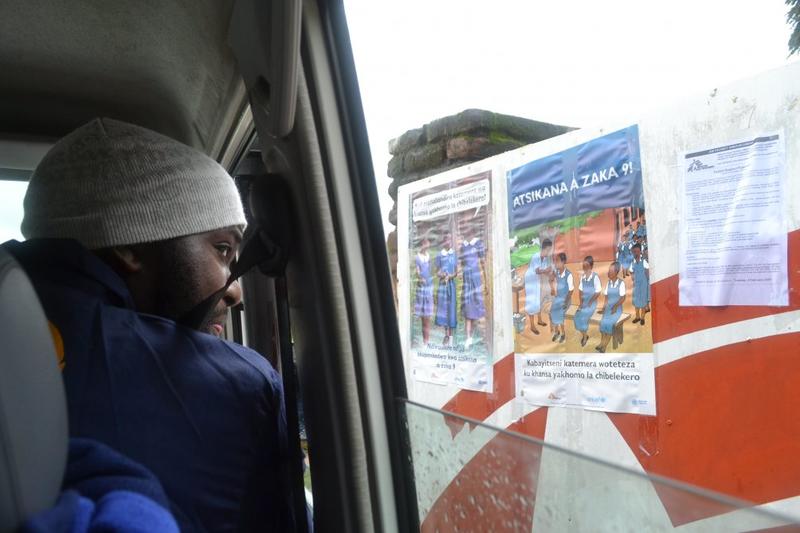
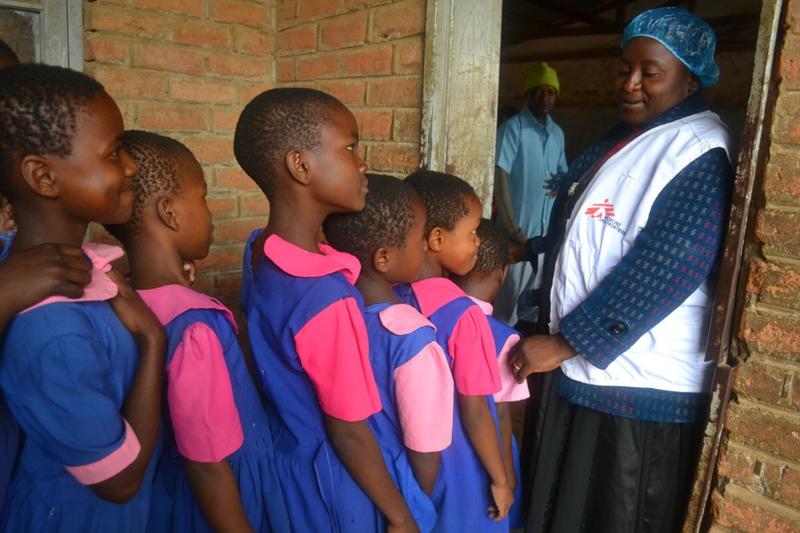
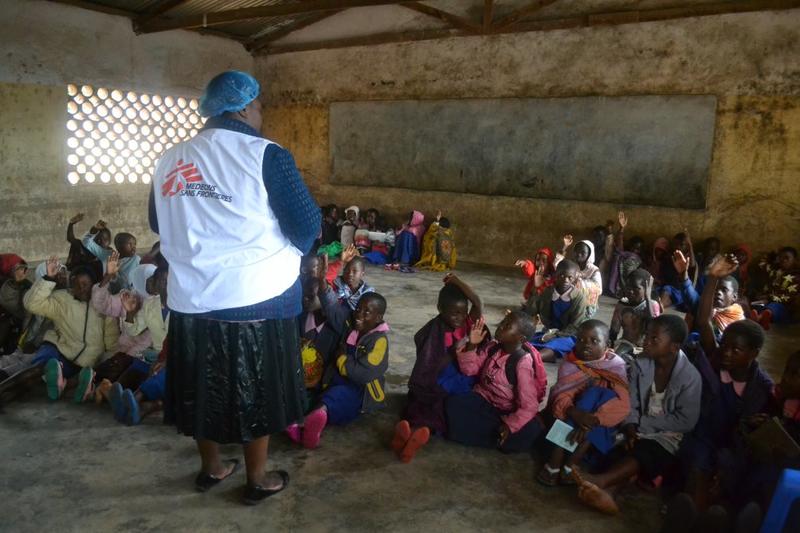
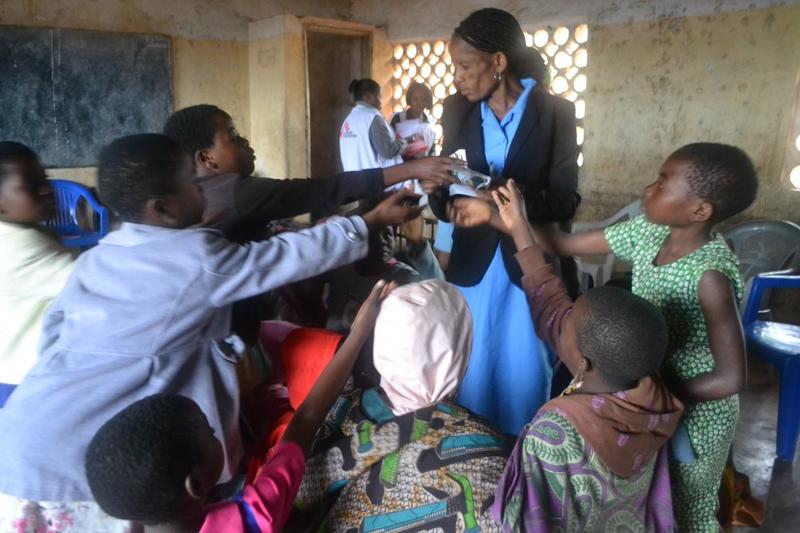
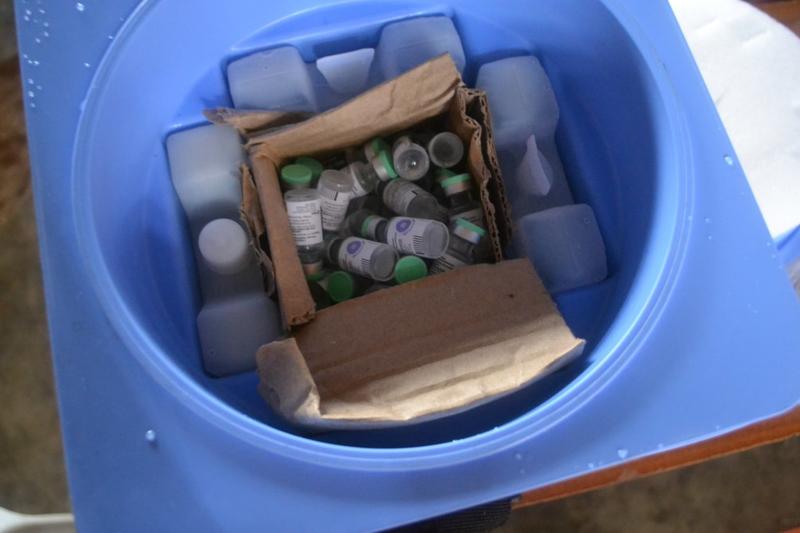
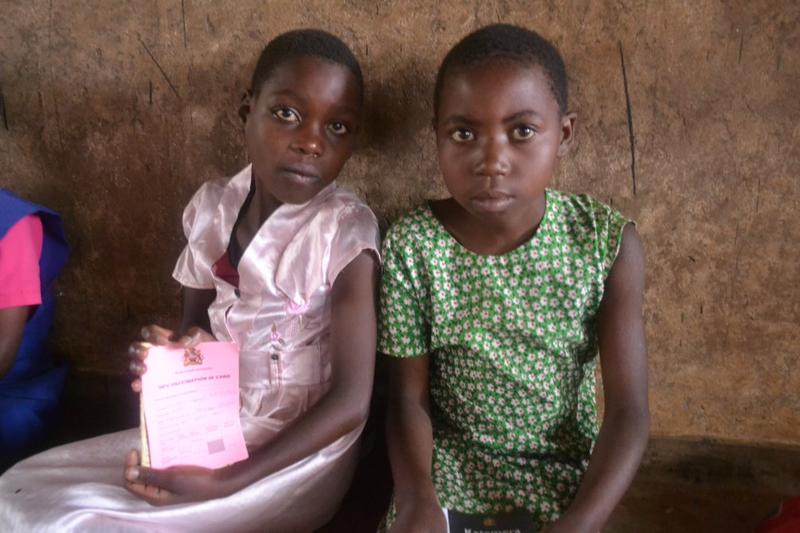
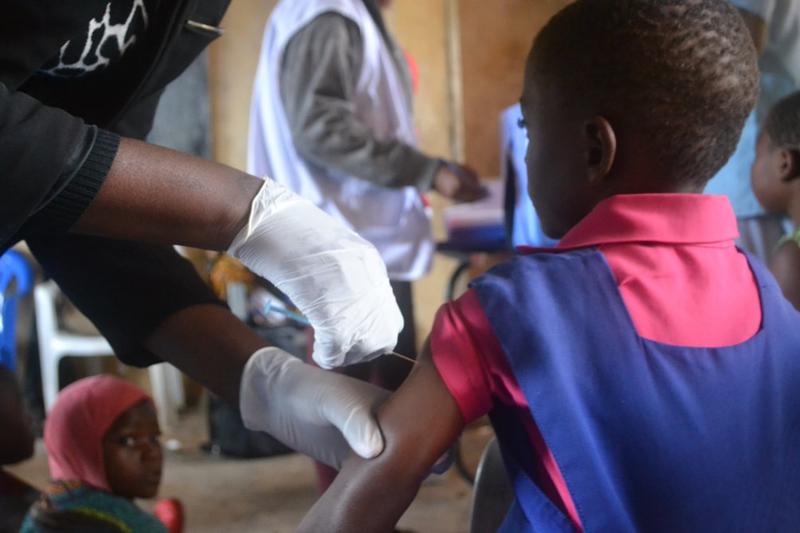
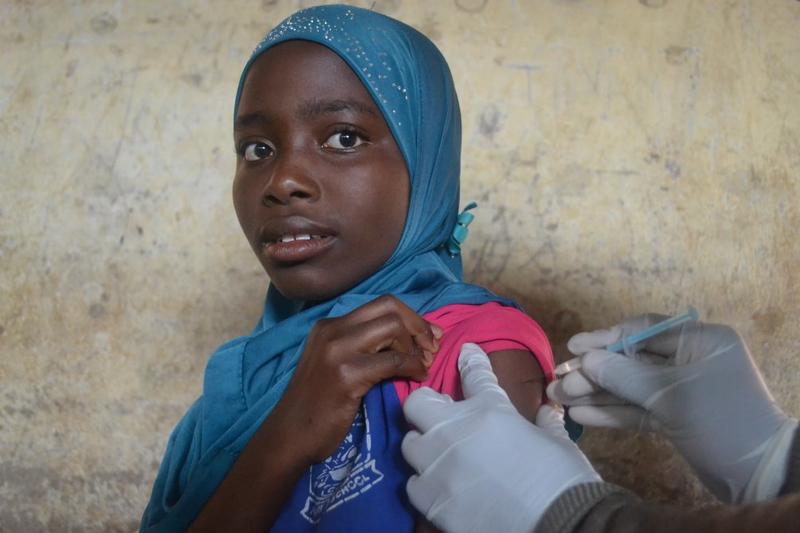
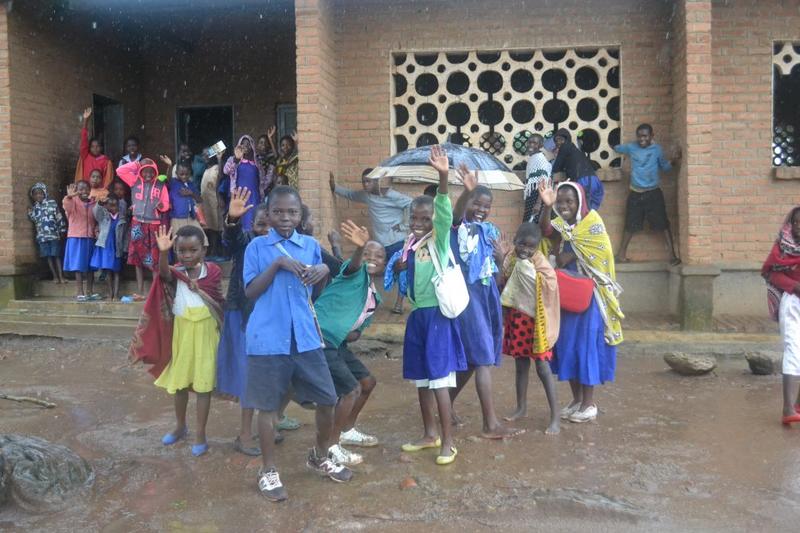
Read more:


